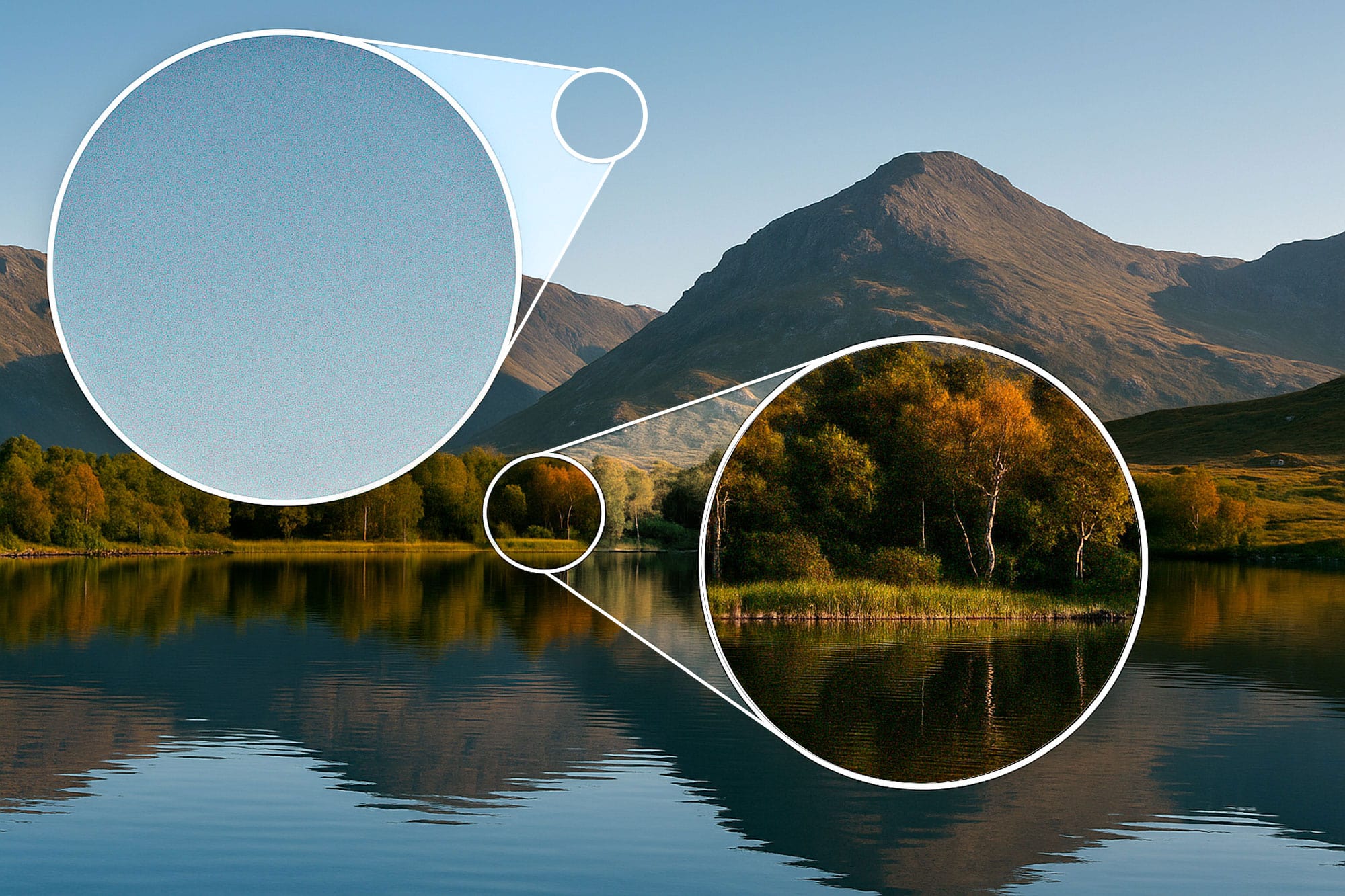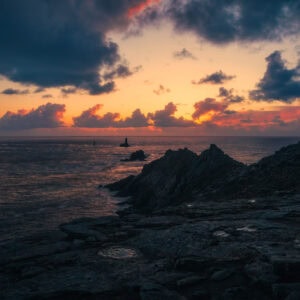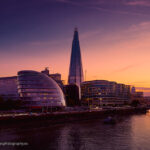In photography, retouching is an art in itself. It reveals the photographer's intention, enhances the light, intensifies an atmosphere or accentuates an emotion. But sometimes, if you try too hard, you go too far. Too much contrast, too much sharpness, too much saturation. And instead of elevating the image, we crush it.
This phenomenon has a name: over-development. It's an almost inevitable stage in any photographer's career. The point here is not to point fingers, but to talk about it with lucidity and humility. 🤓
1. What is over-development?
Overdevelopment is not an exact science. It cannot be measured in percentages. It's a sensation, a visual imbalance, often perceptible but difficult to define.
Here are some characteristic signs:
Over-development is often linked to an excess of intention, or a fear of 'not enough': not punchy enough, not clear enough, not vibrant enough... 🧐
2. Why do we fall into this trap?
Because we want to do well. Because we're learning. Because we're enthusiastic. And above all... because we don't yet see the limits.
3. With experience, you learn to do less... and better 🥸
What changes over the years is not just the technique. It's the way we look at things.
And above all, we know that post-production is a language. And that elegance often lies in nuance. But where is the right balance? 🤔 And is there really a right balance?
4. The outside view: a valuable compass
Sometimes it's hard to see your own excesses. That's why feedback from other photographers is invaluable.
5. A step along the way, nothing serious 😮💨.
Let's be clear: this is not a mistake, but a step in the right direction. . Almost a rite of initiation. We over-develop because we're looking. Because we explore. Because we want to do better. The real danger is not having images that are a little too contrasty or colourful. The real danger is getting stuck, believing we've found the magic formula. But in photography, the magic is often born in the moment.A delicate balance between intention and restraint. The concept is simple but so difficult in reality! 😥
6. Conclusion: humility and progress
Over-development is the mirror of our learning. It shows us our impulses, our blunders, but also our passion. We need to embrace it with humility, work through it and keep moving forward. I believe that photography, like all art, is a quest. Not a demonstration of technical strength. And the more you progress, the more you realise that sometimes less is more.
If you're looking for more articles on photo development, I invite you to visit the 'post-production' category on my blogand to travel a little, on my online galleries. 😀
See you soon for another article on photography, travel... and the emotions on the sensor.
David








